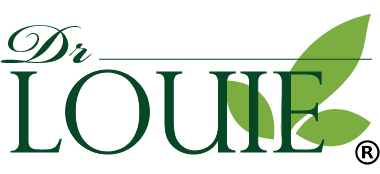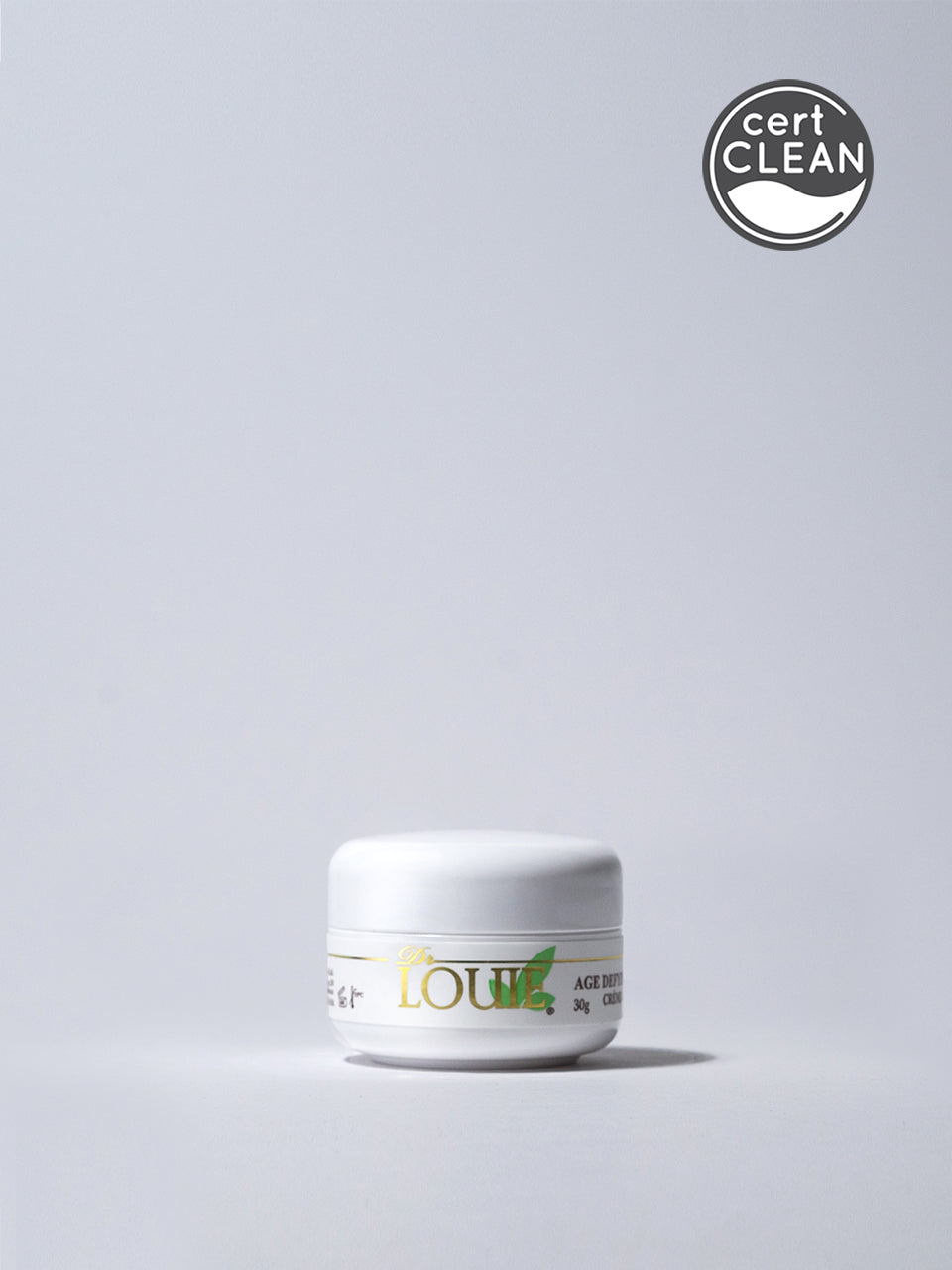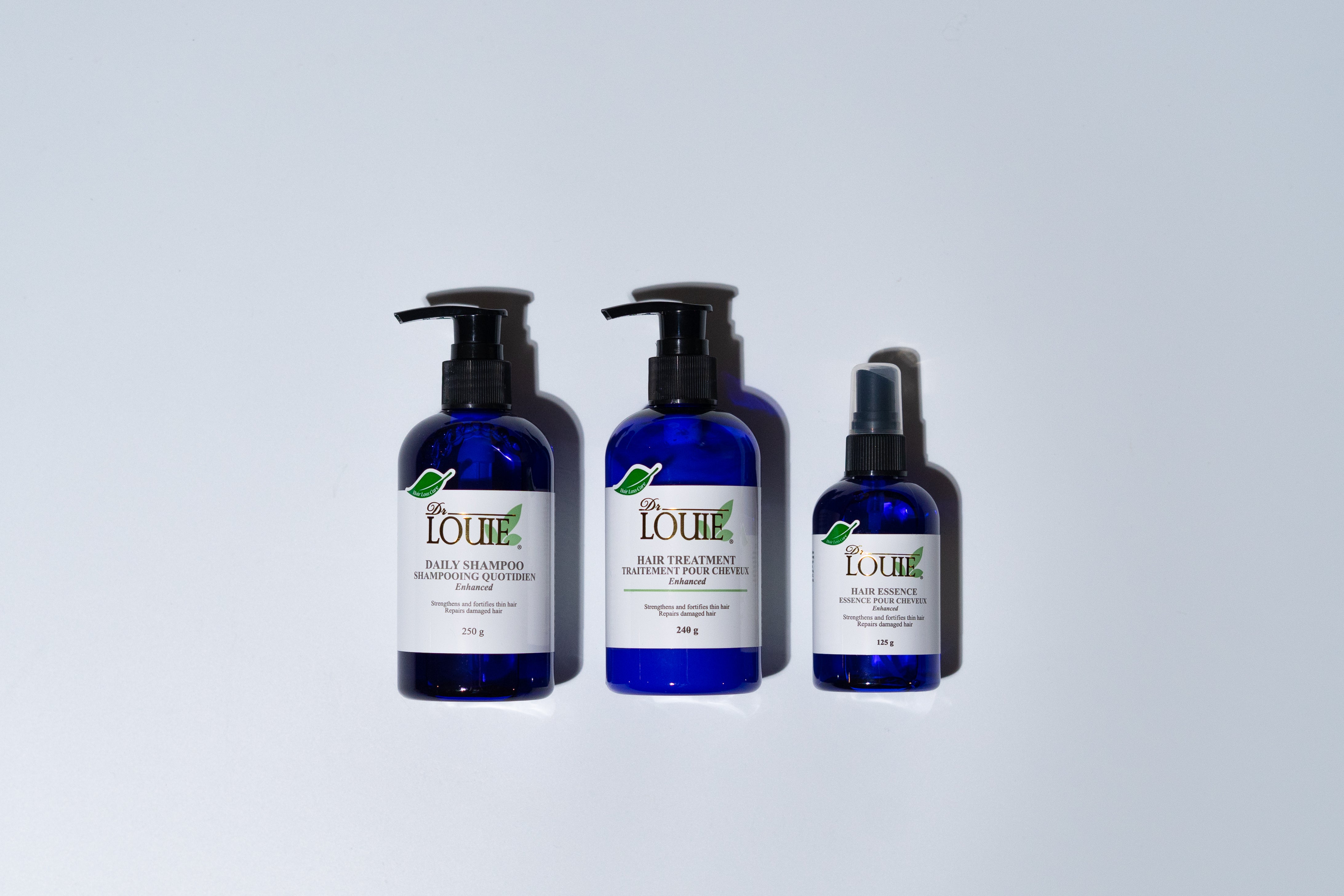
Itchy, red scalp? Then avoid these ingredients in your hair products!
But did you stop to think about what you’re putting on your scalp and hair? I myself was one of those people who cared so much about what I was putting on my skin but less so about my scalp and hair. But your scalp is no different from your skin. The biggest difference between your scalp and other parts of your skin is that your scalp has more sebaceous glands, meaning it tends to produce more oil and sweat compared to the rest of your skin. In addition, the barrier that protects the scalp is much thinner, meaning it does not do a great job at retaining hydration and protecting it from outside damage. I talked about how important it is to keep this natural moisture barrier healthy in the previous posting about pH-balanced cleansers so that your skin wouldn’t be left unprotected against viruses, fungi, and such. The fact that the scalp has a low barrier function means that it is less effective in protecting your scalp. And the fact that the scalp is covered with hair makes it more prone to getting dirty compared to the rest of your skin.
Just like how we need a cleanser that is mild and won’t strip the skin of its natural moisture barrier, we need a shampoo that does the same thing but at the same time effectively removes the dirt clogging hair follicles - pores on our scalps. Otherwise, our scalp will be left dry, causing itchiness, redness, dandruff, and even hair loss! (Of course, cold weather and environment could contribute to irritated, dry scalp, but let’s focus on what bad shampoos do to our scalp.)
The sad part is that most shampoos that we find on the shelf include chemicals that not only strip the scalp of the moisture barrier to overdry it but also irritate it.
Then what are these chemicals that you need to watch out for?
1. Sodium lauryl sulfate (SLS) and sodium laureth sulfate (SLES).
These both have the term “sulfate” in them. What are sulfates? Sulfates are foaming agents: they literally create foams so that you can lather easily. These two sulfates, SLS and SLES, are included in many commercial shampoos to create a good lather, making it easier for you to cleanse your hair and makes your scalp feel squeaky clean. The downside though is too serious to be ignored: they can irritate your scalp, your eyes, and your skin in general, causing itchiness and redness. And they strip away the moisture/oil barrier on your scalp, which is needed to keep your hair and your scalp healthy. So if you feel like your scalp is itchy or you suddenly got dandruff after changing your shampoo, check the ingredient list for these two ingredients.
2. Dimethicone
Dimethicone is a silicone that is commonly found in conditioners to help control the frizz by coating the hair. Anything that could control the frizz sounds amazing. But this silicone builds up, making your hair and scalp greasy. And because it coats the hair, it can collect dirt and can clog up the hair follicles. This is especially bad for people with thinning hair because the hair follicles in your scalp need to absorb nutrients and “breathe” so that the roots of your hair can be strong and healthy.
3. Alcohol
We all know that alcohol can dry out the skin, so we avoid it like the plague for our skin. But how about our scalp? The same principle applies to our scalp. But not all alcohol is bad though. The ones that are bad and should be avoided are ethanol, propanol, SD alcohol, propyl alcohol, and, of course, isopropyl alcohol, usually found in traditional hair sprays. These are alcohols that can dry out your hair and irritate your scalp, just as they would to your skin. The ones that are good for you are cetearyl alcohol, cetyl alcohol, and stearyl alcohol. These are actually used as emollients and help retain moisture for your scalp and your skin. But be careful with these as well. If you use too much, they too can grease up your scalp.
4. Sodium chloride, also known as table salt
You know how some shampoos and conditioners have thick consistency? Sodium chloride is used to create that thick consistency because it is a thickening agent, and it makes it easier to spread the product on your head. But then why is it bad? Imagine that you put some saltwater on your skin and start massaging it. How would your skin react? It’ll get irritated and red. Not good for healthy skin. Well, it is not good for healthy scalp either. Just like alcohol, it can strip the skin of its natural moisture and make your scalp and hair dry and brittle, making them weak and vulnerable to bacteria, fungi, and etc. This means that your scalp is left vulnerable to hair loss as well!
5. Phthalates.
Phthalates are often used to increase spreadability and help make the fragrance last long. Why is it bad then? Phthalates are known to be endocrine disruptors. Any prolonged exposure to this substance could cause a disruption in our hormone system. Often, phthalates are listed as one of these names: DCP (dibutyl phthalates), DMP (dimethyl phthalate), DEP (diethyl phthalate), and DEHP (Di(2-ethylhexyl)phthalate) to name a few. So check your shampoo’s ingredient list to see if you see any ingredient that look similar to any one of those, and google to see if it is indeed phthalate.
Healthy hair is important to everyone regardless of their age or gender. And just like skin care, the earlier you start caring for your hair, the better it’ll look when you are older. And the first step to that is to avoid harmful chemicals, such as those mentioned above.




